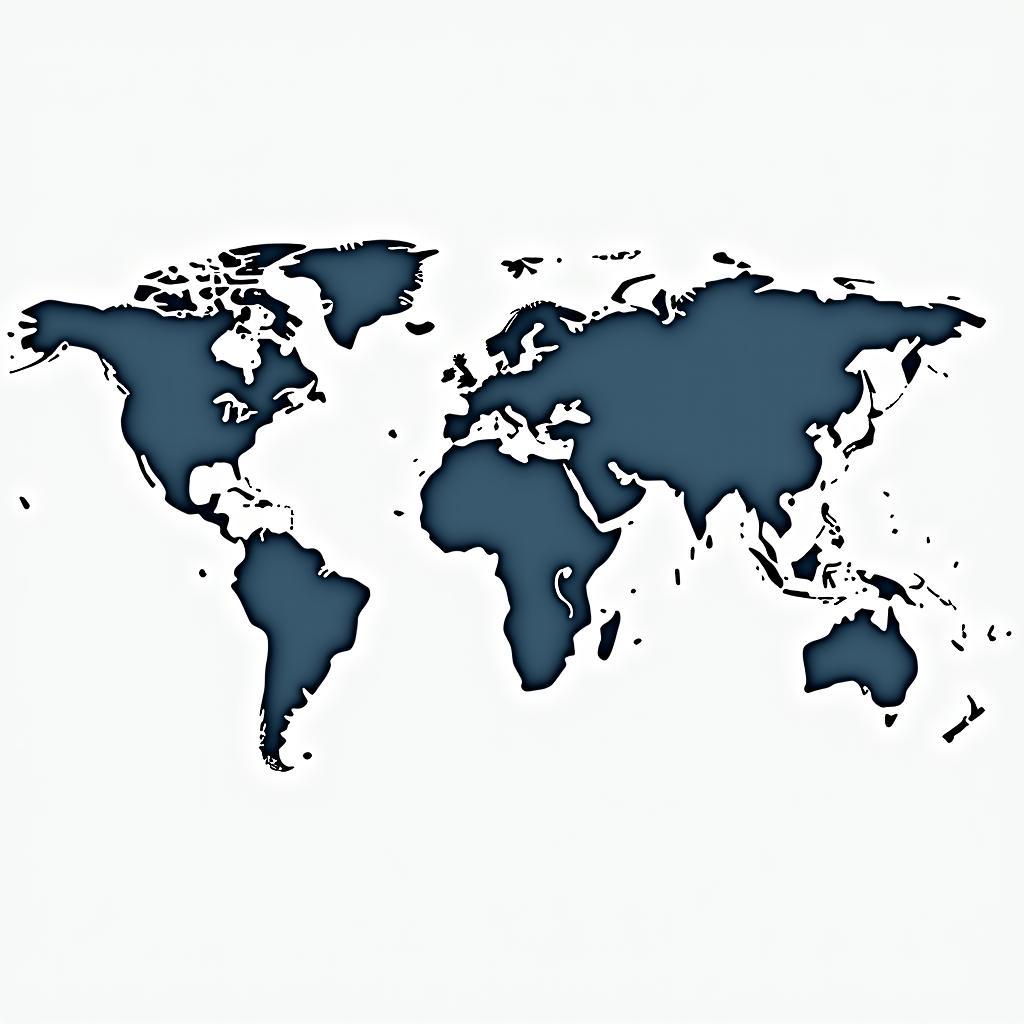The Reading section of the IELTS exam is designed to test your ability to understand and analyze written texts. This portion of the exam includes a variety of texts related to different academic topics, each accompanied by questions that assess your reading comprehension abilities. One of the pertinent issues you may encounter in the IELTS Reading section is the topic of vaccine distribution inequality, a subject that has gained considerable attention given the global context of the COVID-19 pandemic.
In this article, we will present you with a Reading practice test based on the topic “How are countries addressing the challenge of vaccine distribution inequality?”. We will discuss the general prevalence of this topic in historical IELTS exams and the likelihood of encountering a similar theme in future exams. This comprehensive guide will provide you with a fully formatted IELTS Reading test, complete with questions, answers, and explanations.
Main Content
Practice Reading Test: Vaccine Distribution Inequality
Below is a sample IELTS Reading passage. The passage has been categorized as Medium Text, suitable for candidates aiming for an intermediate difficulty level.
Reading Passage: How are Countries Addressing the Challenge of Vaccine Distribution Inequality?
The COVID-19 pandemic has highlighted significant disparities in vaccine distribution across the world. Some countries have managed to vaccinate a large proportion of their populations swiftly, whereas others have faced immense challenges in securing and distributing vaccines. This inequality in vaccine distribution poses a global health risk as it can lead to prolonged pandemics and the emergence of new virus variants.

To combat this inequality, various international organizations and countries have taken different approaches. Programs like COVAX, co-led by Gavi, the Coalition for Epidemic Preparedness Innovations (CEPI), and the World Health Organization (WHO), aim to provide equitable access to COVID-19 vaccines. COVAX works by pooling resources and distributing vaccines to participating countries, particularly low- and middle-income countries.
In addition to international initiatives, some countries have made bilateral agreements to donate vaccines directly to nations in need. For example, the United States has pledged to donate millions of vaccine doses to various countries worldwide. Similarly, India has sent millions of vaccine doses to neighboring countries through its “Vaccine Maitri” initiative.
Despite these efforts, challenges remain. Logistical issues, such as inadequate cold storage facilities, and political barriers can hinder the equitable distribution of vaccines. Furthermore, vaccine hesitancy in certain regions also poses a significant challenge to achieving widespread immunity.
In conclusion, addressing vaccine distribution inequality requires a multifaceted approach, involving international cooperation, local capacity building, and efforts to combat misinformation and increase public trust in vaccines. The global health community must continue to work together to ensure that all countries have access to vaccines, enabling a coordinated and effective response to the pandemic.
Questions
Multiple Choice
- What is the main goal of the COVAX initiative?
- To develop new vaccines
- To provide equitable access to COVID-19 vaccines
- To conduct vaccine research
- To promote vaccine hesitancy
- Which country has implemented the “Vaccine Maitri” initiative?
- The United States
- China
- India
- Russia
True/False/Not Given
- Some countries have faced logistical challenges in vaccine distribution.
- True
- False
- Not Given
- COVAX aims to distribute vaccines only to high-income countries.
- True
- False
- Not Given
Matching Information
-
Match the countries with their respective vaccine donation initiatives.
- The United States
- India
a. Vaccine Maitri
b. Pledged to donate millions of vaccine doses worldwide
Sentence Completion
- Vaccine hesitancy in certain regions can hinder ____.
Answers
Multiple Choice
-
- To provide equitable access to COVID-19 vaccines
-
- India
True/False/Not Given
- True
- False
Matching Information
- The United States – b. Pledged to donate millions of vaccine doses worldwide
India – a. Vaccine Maitri
Sentence Completion
- achieving widespread immunity
Common Mistakes
While attempting the type of questions presented in this practice test, candidates often make the following mistakes:
- Not reading the passage thoroughly: Missing out on key details by skimming the passage too quickly.
- Guessing answers: Relying on intuition rather than textual evidence can lead to incorrect answers.
- Mixing information: Confusing details from different parts of the text when matching information or completing sentences.
Vocabulary Highlights
Here are some challenging words and phrases from the passage:
- Disparities (n) /dɪˈsparɪtiz/: Differences in amount or quality.
- Equitable (adj) /ˈɛkwɪtəbəl/: Fair and impartial.
- Logistical (adj) /ləˈdʒɪstɪkəl/: Related to the detailed organization and implementation of a complex operation.
- Vaccine hesitancy (n) /ˈvæksin ˈhezɪtənsi/: Reluctance or refusal to be vaccinated despite the availability of vaccination services.
Grammar Focus
Pay attention to these grammatical structures in the passage:
- Relative Clauses: Used to provide additional information about a noun, e.g., “Programs like COVAX, co-led by Gavi, the Coalition for Epidemic Preparedness Innovations (CEPI), and the World Health Organization (WHO), aim to provide equitable access to COVID-19 vaccines.”
- Present Perfect Tense: Used to describe actions that have taken place at some point in the past but are relevant to the present, e.g., “India has sent millions of vaccine doses to neighboring countries.”
Recommendations for Improving IELTS Reading Skills
- Practice Regularly: Consistent practice with a variety of texts on different topics will enhance your reading skills.
- Expand Vocabulary: Building a strong vocabulary will help you understand texts better and improve your ability to answer questions accurately.
- Analyze Mistakes: Review your answers and understand why you got certain questions wrong to avoid making the same mistakes in the future.
- Timed Practice: Simulate exam conditions by timing your reading and answering sessions to improve your time management skills on the actual test day.
Conclusion
Mastering the Reading section of the IELTS exam requires dedication and practice. By understanding how countries are addressing the challenge of vaccine distribution inequality and regularly practicing reading comprehension exercises, you will be well on your way to achieving a high score in the IELTS exam.